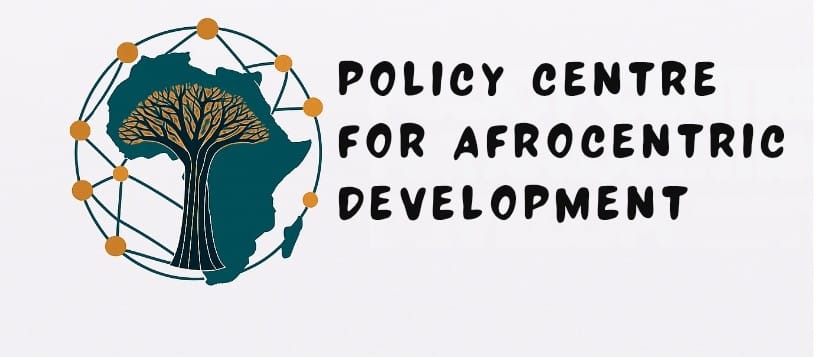Why It’s Important
Africa is not short of development policies. Across the continent, each country has a multiplicity of frameworks—from strategic to operational, comprehensive to sectoral, and long-term to short-term. However, the proliferation of policies has not solved Africa’s development challenges, largely for three reasons:
Policies often serve foreign Interests: Many policies are designed without the interests of African people at their core, leading to profound harm. For example:
- Agricultural policies that prioritize cash crops for export over food crops undermine national food sovereignty and increase hunger.
- Mining policies, focused on resource extraction, often destroy local ecosystems and harm communities, primarily benefiting foreign conglomerates and local elites.
- Industrial and trade policies that promote the export of low-value commodities keep African countries at the bottom of the global economic hierarchy, extracting wealth while leaving millions in poverty.
Policies are often not grounded in African realities: Many development strategies assume a universal path to progress, attempting to transplant policies that may have worked elsewhere but are inappropriate and ineffective in African contexts. This modernist approach ignores the unique historical, cultural, and economic dynamics of African societies, resulting in disconnected, exclusionary, and poorly implemented policies.
Policies often fail to account for inter-linkages, synergies and trade-offs: Policies that look good on paper often ignore critical connections across sectors, leading to unintended consequences. For example:
-
- Mining policies that ignore environmental and social impacts devastate ecosystems and displace communities.
- Conservation policies like the creation of protected areas can lead to the loss of land access for indigenous communities.
- Fiscal consolidation policies lead to spending cuts in key areas such as education, health and food which severely impacts poor households and undermines the realization of economic, social and cultural rights.
- Mining policies that ignore environmental and social impacts devastate ecosystems and displace communities.
Why Partner With Us
Place African Interests at the Center
Our research reflects the continent’s diverse histories, cultural contexts, and aspirations, ensuring that policies are designed to advance African sovereignty and self-reliance.
Connect the Dots Across Systems
We understand that economic, social, and environmental issues are deeply interconnected. Our research maps policy interactions to highlight synergies, mitigate trade-offs, and identify unintended consequences.
Take a Structural Approach
We go beyond surface symptoms to address the root causes of Africa’s challenges. We identify and anticipate policy impacts at multiple levels, supporting long-term resilience and transformation.
Embrace Interdisciplinarity
We draw on insights from economics, political science, history, law, and environmental studies, integrating multiple perspectives to produce comprehensive, systems-oriented research.
Create Knowledge Collaboratively
We work alongside communities, civil society, academia, and government policymakers to co-create knowledge that is contextually relevant and socially impactful.
Schedule a call
Our Offerings
- We produce actionable insights that support policymakers in making informed, context-specific decisions that prioritize African interests.
- We assess the likely consequences of policy choices, examining how economic, social, and environmental factors interact and their outcomes.
- We identify gaps and opportunities for transformative change, advising on policy reforms that reflect African needs and priorities.
- We highlight synergies, trade-offs, and unintended consequences, helping partners optimize outcomes and avoid costly policy failures.
Stay Ahead.
Subscribe for Expert Insights.
You can unsubscribe at any time using the link in the footer of our emails.
